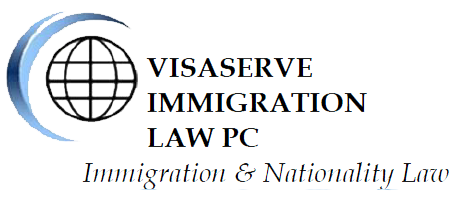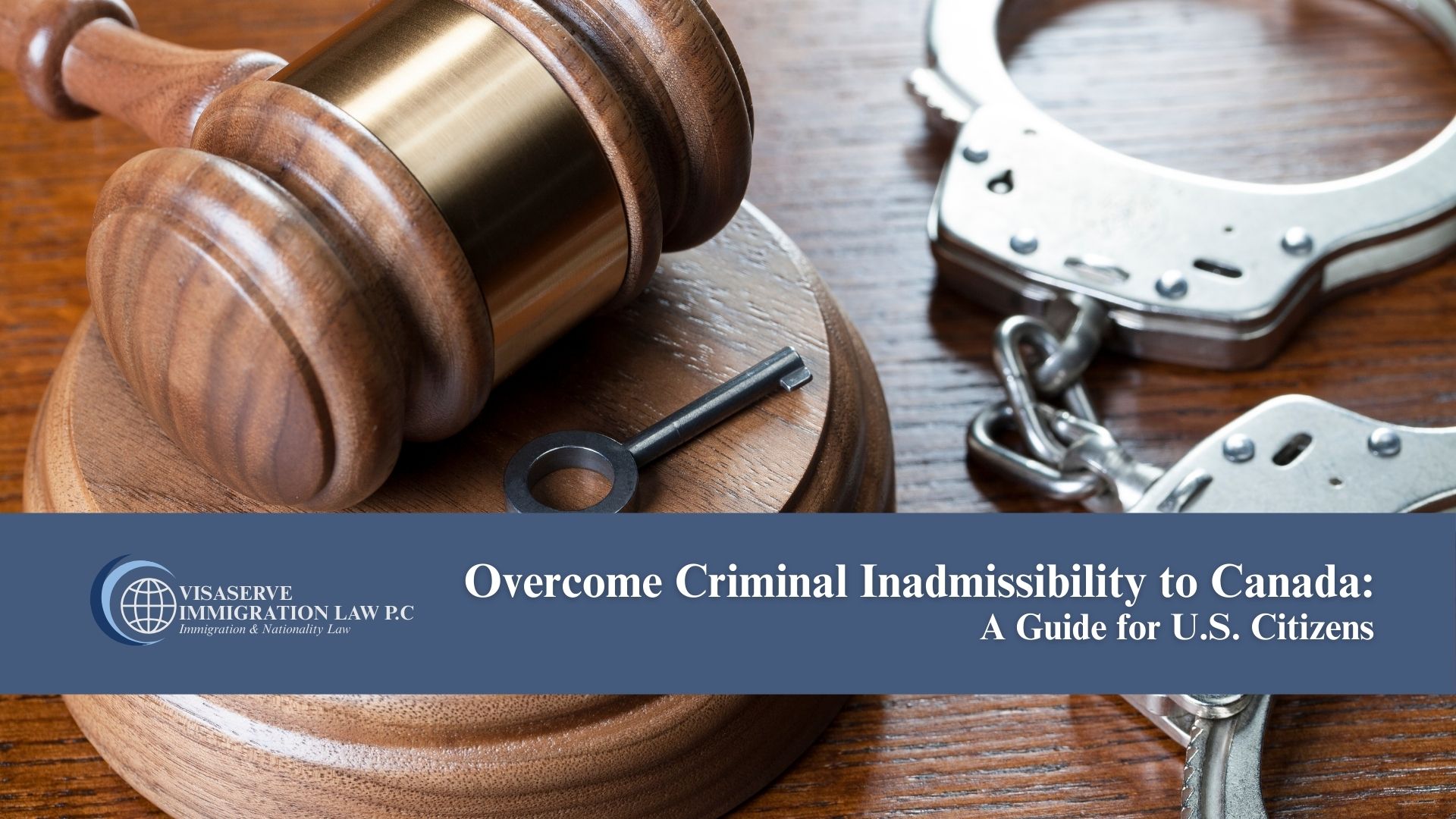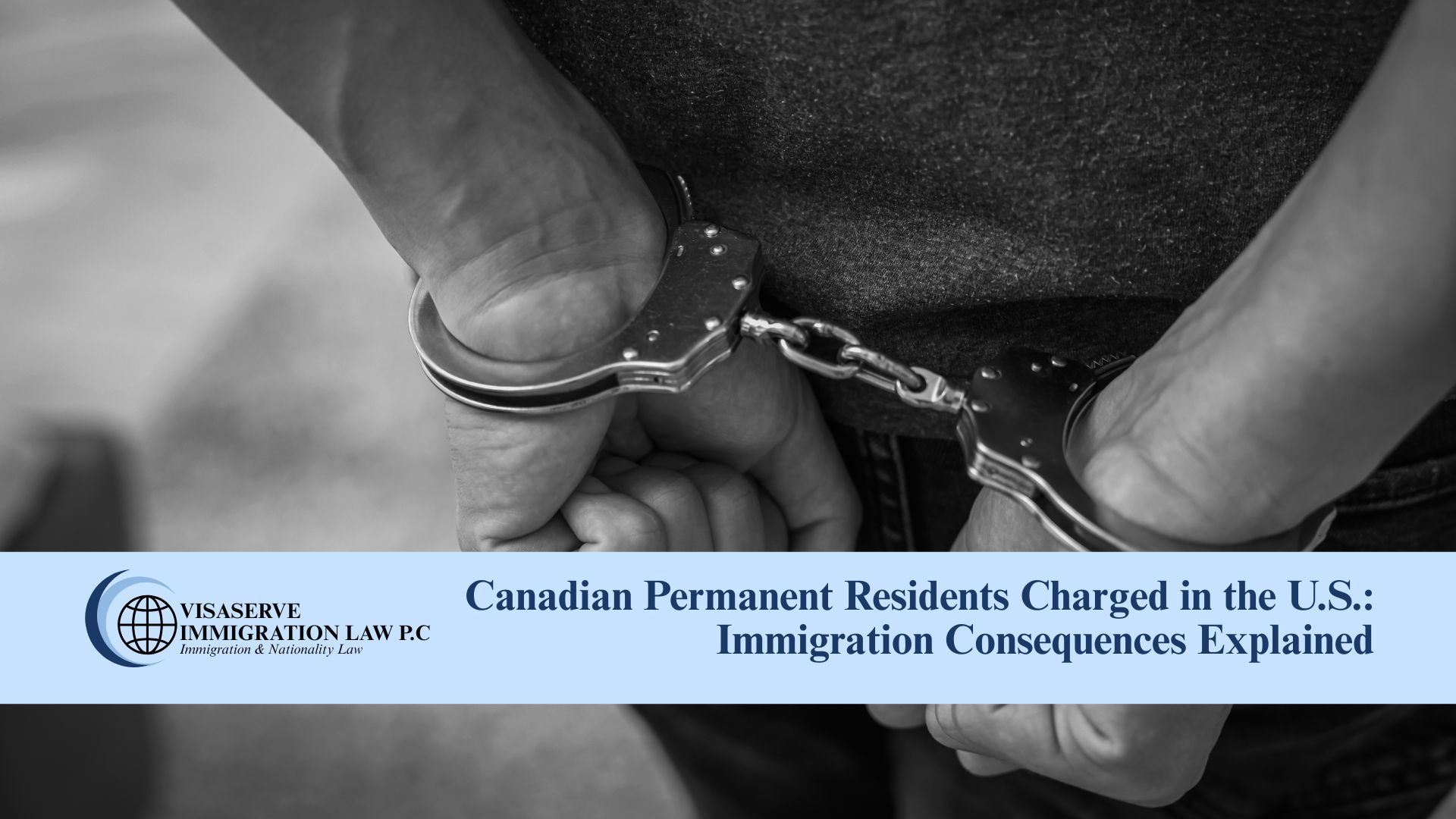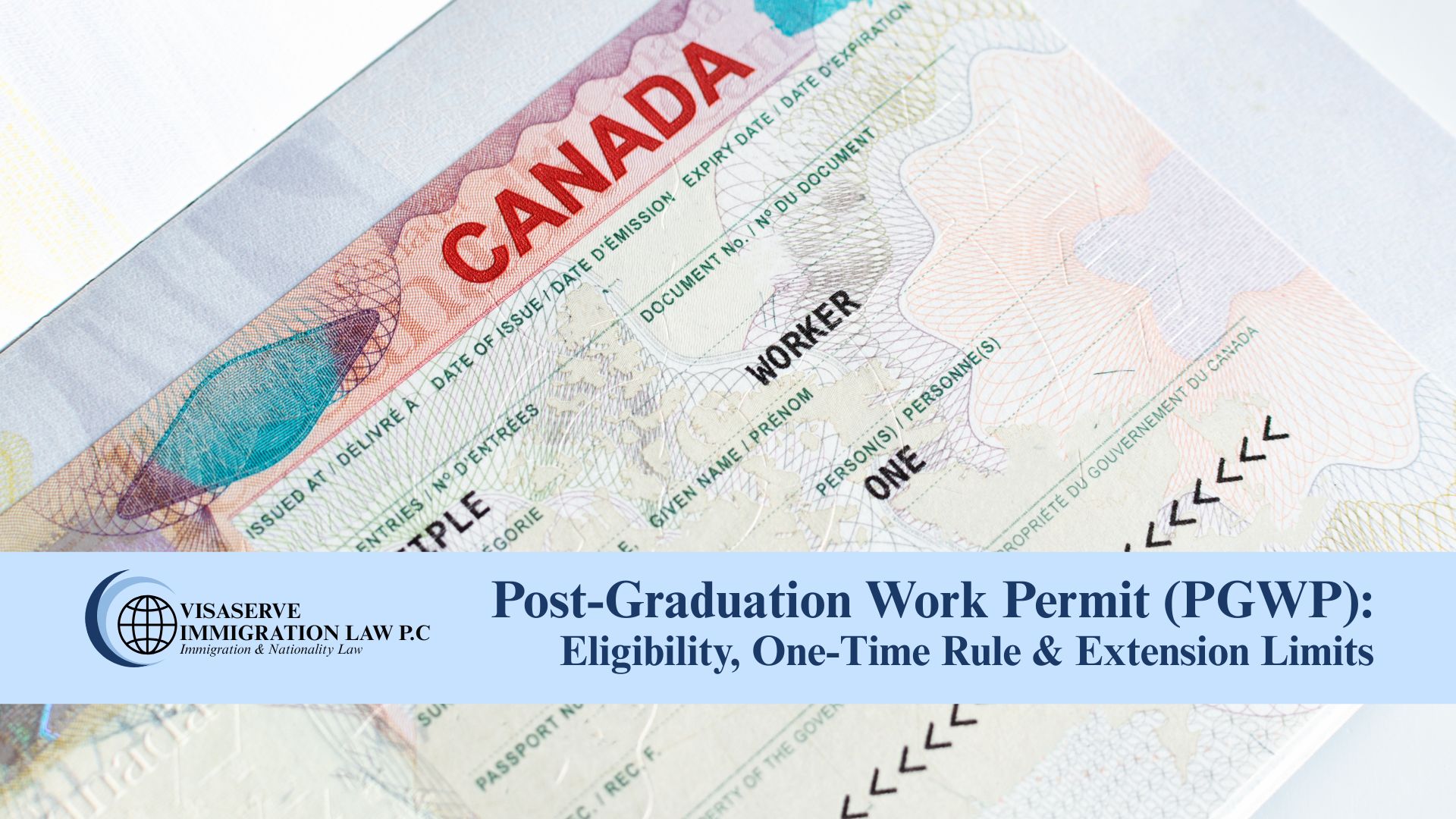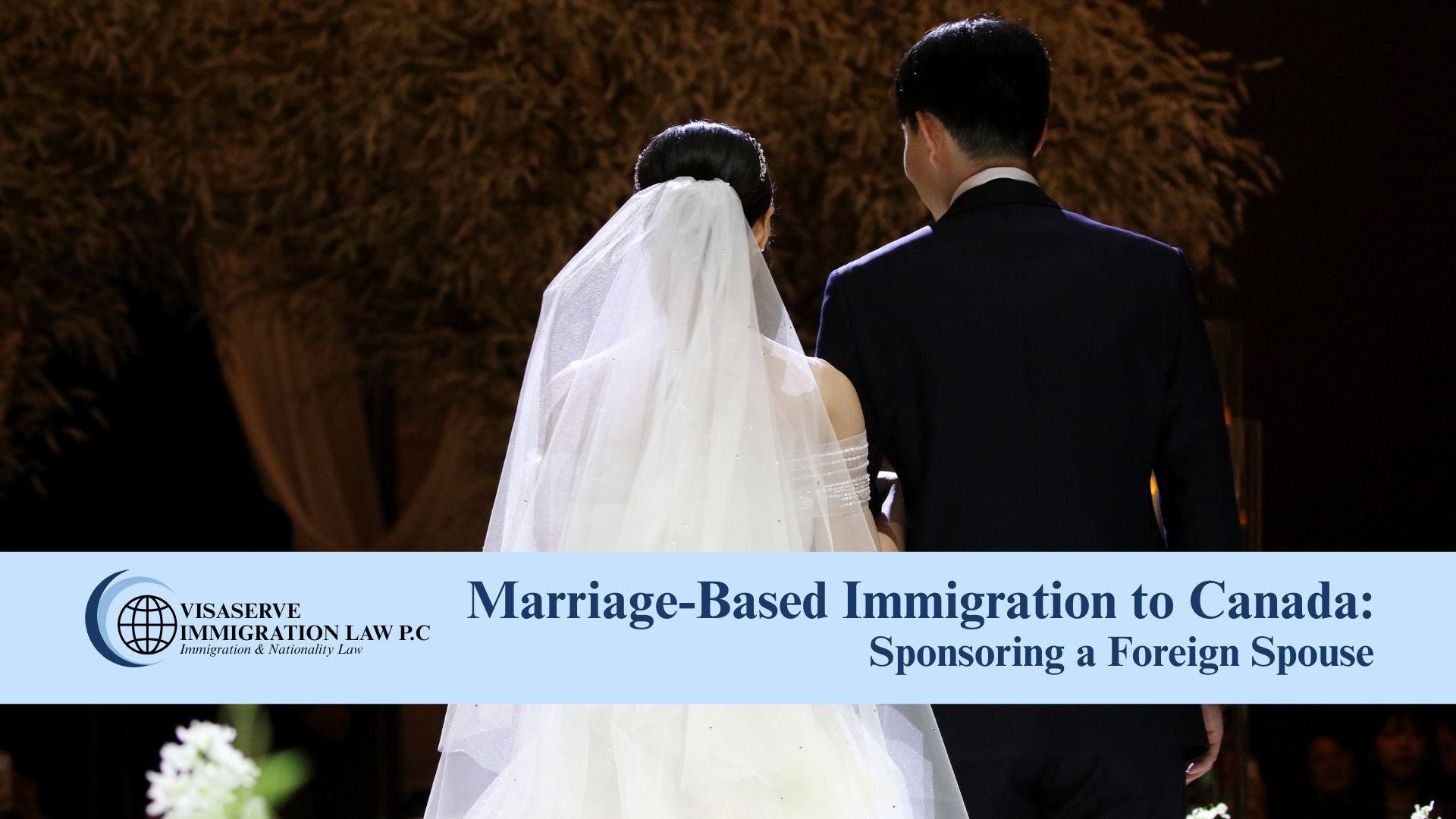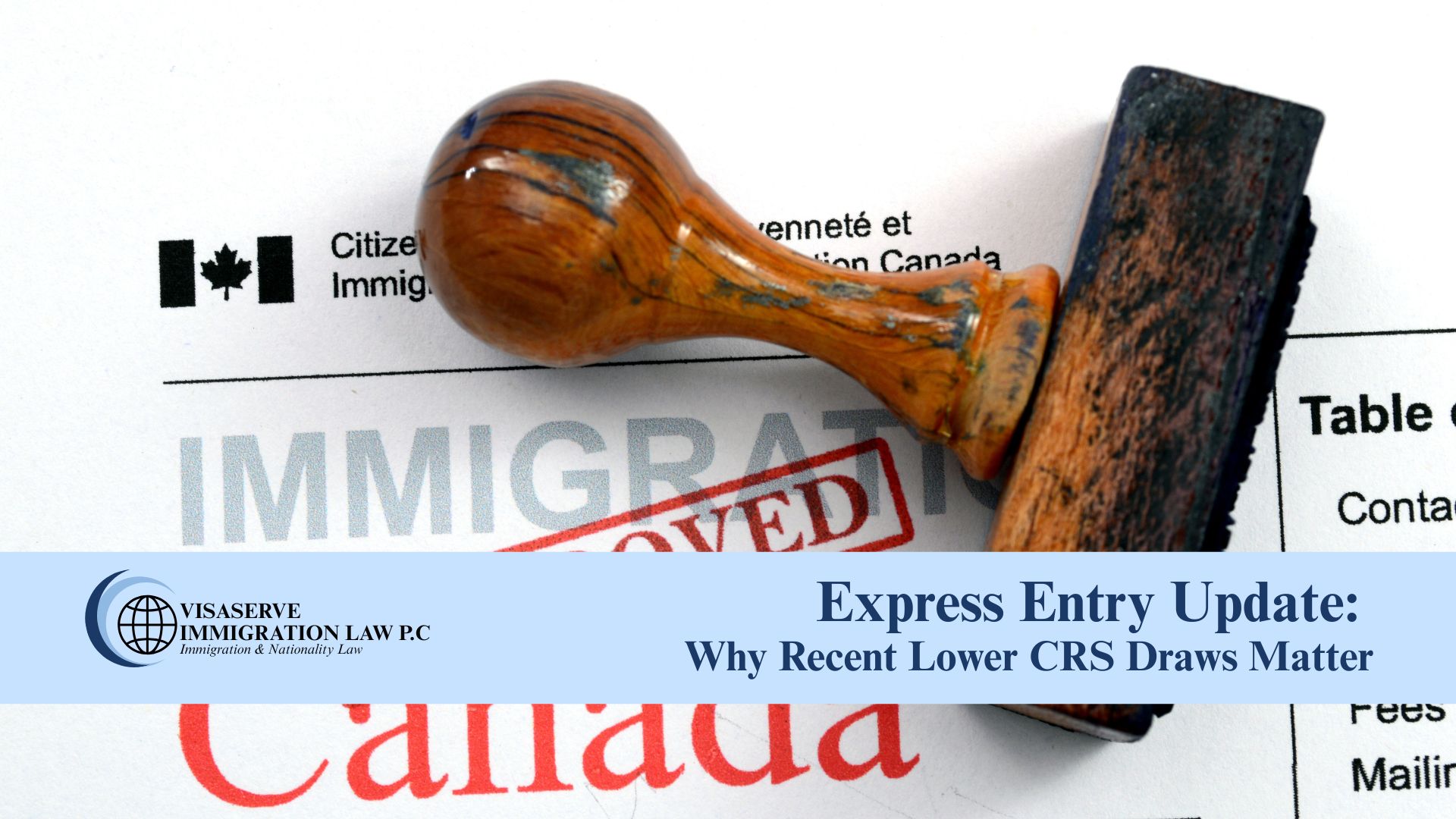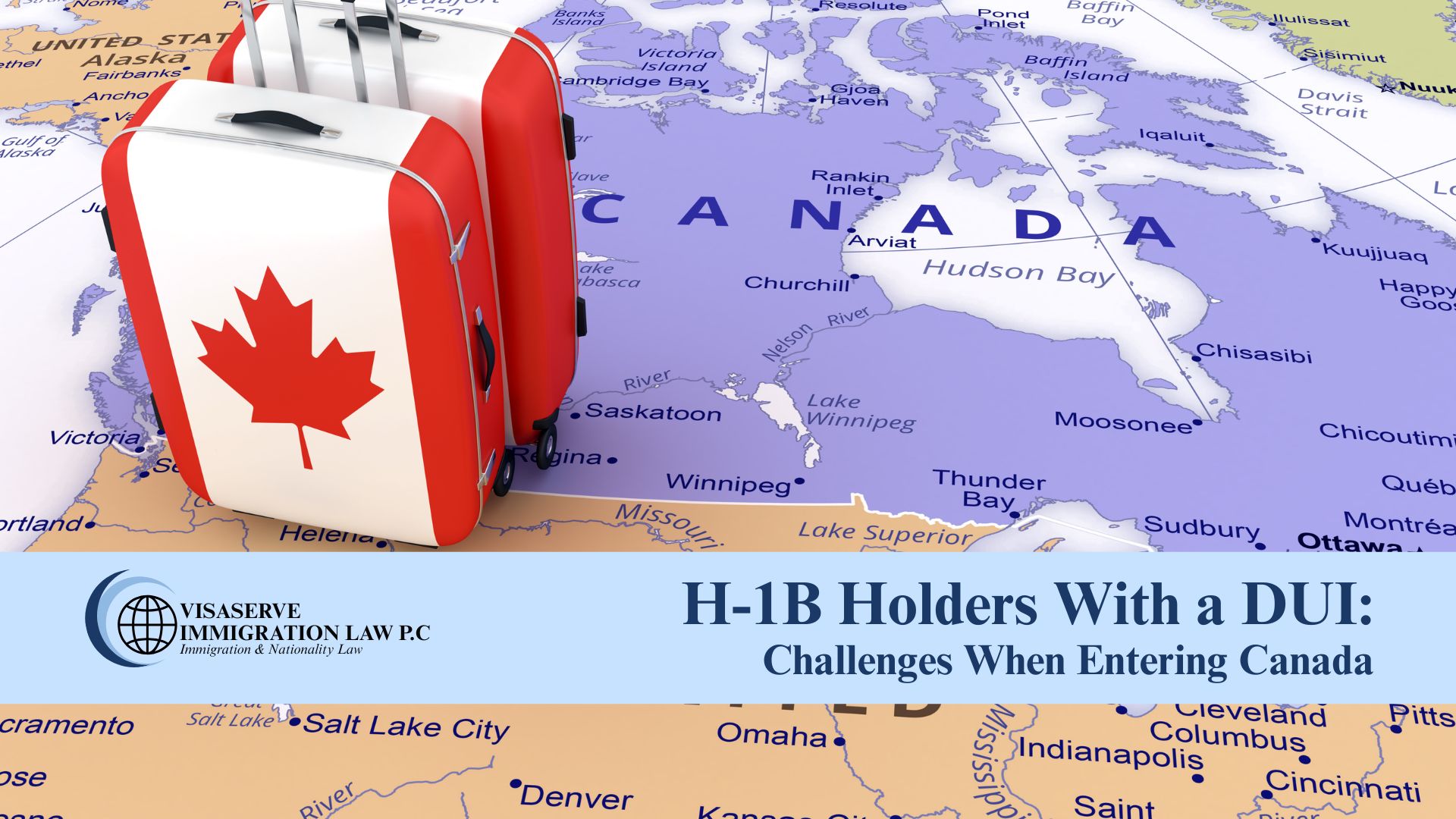Under Canada’s immigration law, individuals who have committed or been convicted of a crime may be denied entry. This legal barrier is known as criminal inadmissibility. For U.S. citizens and other foreign nationals, understanding what this means and how to overcome it is critical before applying for a visa, Electronic Travel Authorization (eTA), or arriving at a Canadian port of entry.
What is Criminal Inadmissibility?
Criminal inadmissibility arises when a person’s past criminal record makes them legally ineligible to enter Canada. Both minor and serious offences may result in inadmissibility, including:
-
Theft
-
Assault
-
Manslaughter
-
Dangerous driving
-
Driving under the influence (DUI/DWI)
-
Possession or trafficking of drugs or controlled substances
Canadian immigration officers assess whether a foreign conviction would be considered a crime under Canadian law, referring to the Criminal Code of Canada and the Controlled Drugs and Substances Act.
Who May Still Be Allowed to Enter Canada?
Despite a criminal record, entry may be possible if you demonstrate rehabilitation or qualify under specific legal pathways. U.S. citizens, in particular, can pursue the following options:
1. Deemed Rehabilitation
You may be considered “deemed rehabilitated” if:
-
Enough time has passed since completing your sentence;
-
The offence, if committed in Canada, carries a maximum sentence of less than 10 years;
-
You have not committed multiple offences.
This determination is made by an immigration officer at the time of application or entry.
2. Individual Rehabilitation
If you do not qualify for deemed rehabilitation, you can apply for individual rehabilitation. To be eligible, at least five years must have passed since:
-
Completion of your sentence (including probation), and
-
The date the offence was committed.
Applicants must demonstrate that they are unlikely to commit new offences. Applications are submitted to the visa office responsible for your region and may take over a year to process.
3. Record Suspension or Pardon
If you were convicted in Canada, you may apply for a record suspension through the Parole Board of Canada. If your conviction occurred in the U.S. or another country, you should verify with the Canadian visa office whether a foreign pardon is recognized in Canada.
4. Temporary Resident Permit (TRP)
If immediate entry is necessary, you may apply for a Temporary Resident Permit. A TRP may be granted if:
-
Less than five years have passed since completing your sentence, and
-
Your reason for travel outweighs any potential risk to Canadian society.
The decision rests with an immigration or border services officer, who will assess the validity of your purpose for entering Canada.
Steps for U.S. Citizens Seeking Entry
-
Assess your record: Identify whether your U.S. offence has a Canadian equivalent.
-
Consult with a legal professional: Canadian immigration law is complex, and an experienced lawyer can assess whether you qualify for rehabilitation or require a TRP.
-
Apply early: Rehabilitation applications can take more than 12 months, so plan well ahead of travel.
-
Provide complete documentation: Police records, court documents, and proof of sentence completion are often required.
Why Legal Guidance Matters
Navigating criminal inadmissibility requires precision, evidence, and knowledge of both Canadian and U.S. legal systems. An experienced immigration lawyer can help U.S. citizens prepare the strongest possible case, avoid refusals, and ensure all applications are filed correctly with Immigration, Refugees and Citizenship Canada (IRCC).
At Visaserve Immigration Law P.C., we help foreign nationals, U.S. citizens, and investors overcome criminal inadmissibility and secure lawful entry into Canada. Contact us today to discuss your options.
